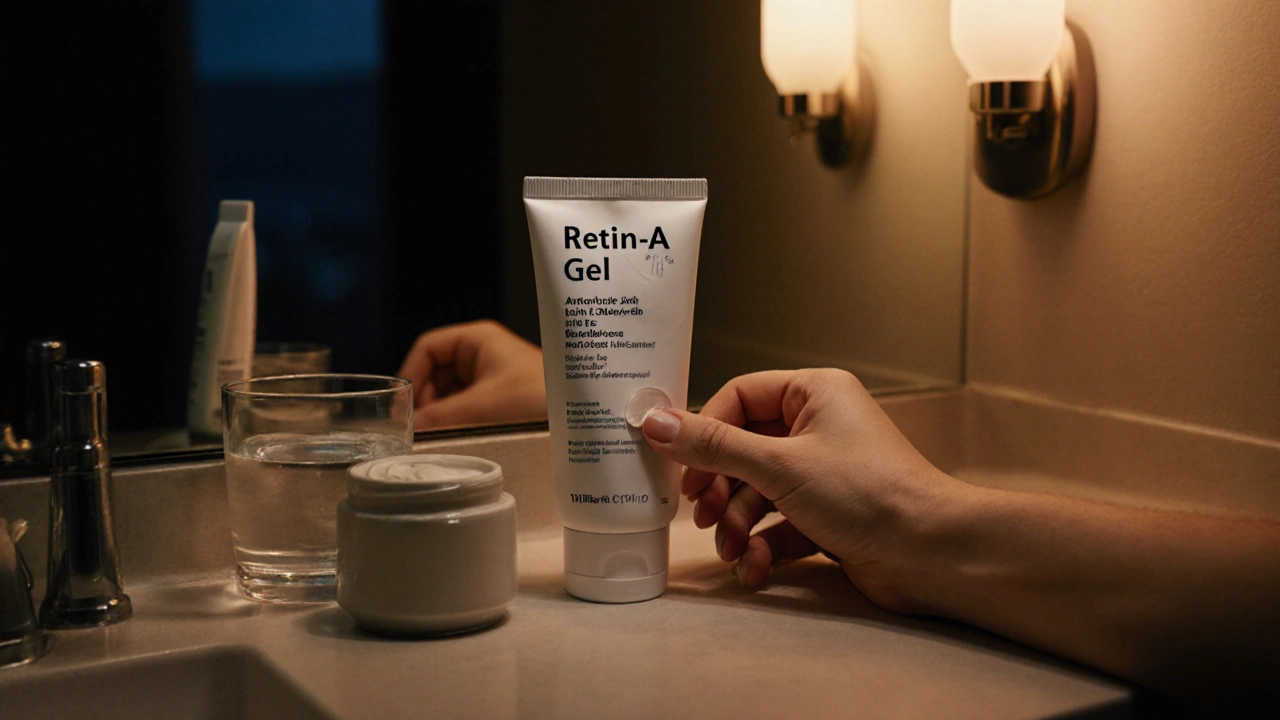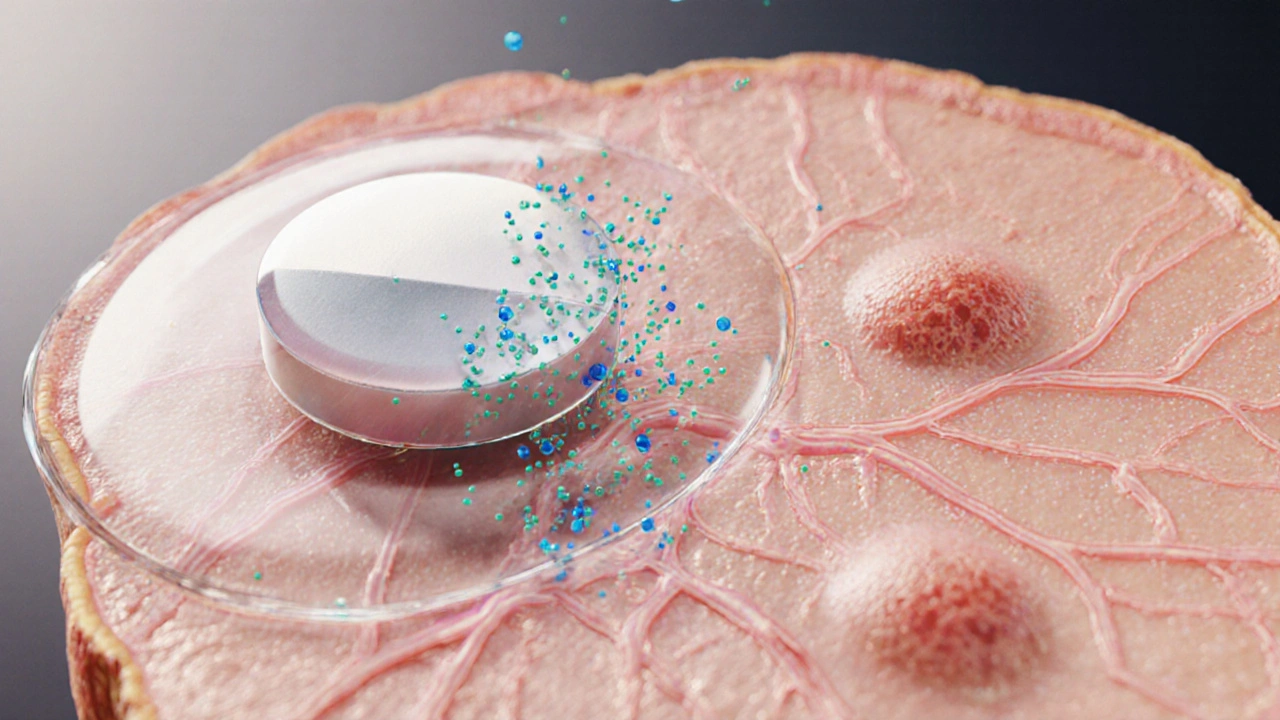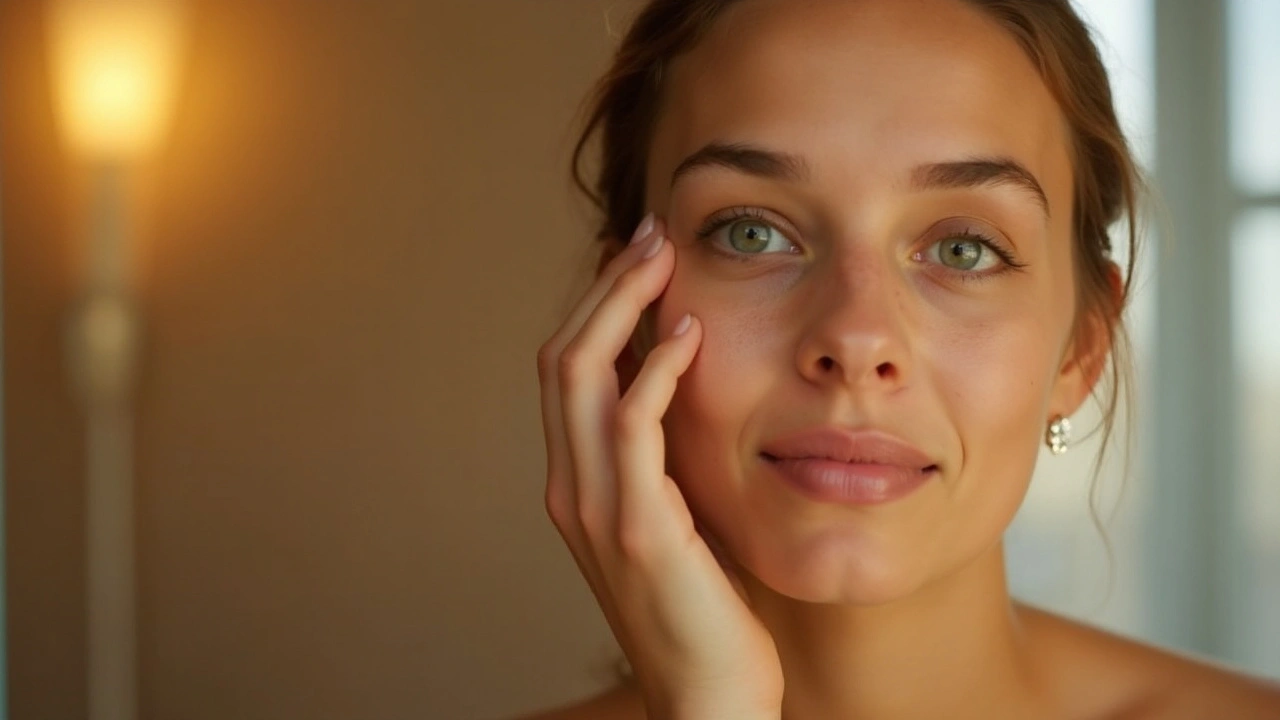Acne Treatment: What Works and How to Start
Dealing with acne feels personal and frustrating. You want things that actually work, fast—not vague promises. This guide gives clear, usable steps you can try today, plus what to expect from over-the-counter products and prescription meds.
Fast, safe at-home steps
Start with a simple routine: wash your face twice a day with a gentle, non-drying cleanser. Over-washing makes skin oilier, so stick to morning and night unless you sweat heavily. Use a water-based moisturizer labeled "non-comedogenic" right after cleansing to keep skin balanced.
Pick one active OTC product at a time. Benzoyl peroxide (2.5–5%) kills acne bacteria and works well on inflammatory pimples. Salicylic acid (0.5–2%) helps clear pores and is better for blackheads and whiteheads. Topical retinoids (adapalene 0.1%) speed cell turnover and prevent new clogs—use them at night and expect mild irritation at first.
Patch test new products on your inner arm for 48 hours to catch allergies. If a spot treatment burns or peels your whole face, reduce frequency or switch to a lower strength. Be patient: most OTC treatments need 6–12 weeks to show clear improvement.
Prescription options & when to use them
See a doctor if your acne is painful, leaves scars, or doesn’t improve after consistent OTC use. Dermatologists prescribe stronger options: topical antibiotics combined with benzoyl peroxide, oral antibiotics for short courses, or hormonal therapies like spironolactone for women with hormonal flare-ups.
For severe cystic acne, isotretinoin can be life-changing but needs close medical monitoring for side effects and pregnancy risks. Your dermatologist will discuss blood tests, dosing, and expected timelines—isotretinoin often works faster and more permanently than other options, but it’s a serious medication.
Hormonal acne often appears along the jawline and flares with periods. If this sounds like you, ask about birth control pills known to help acne or spironolactone. These treatments target the underlying hormone signals instead of just surface symptoms.
Small daily habits matter. Use sunscreen daily—some acne meds make skin more sun-sensitive. Avoid heavy makeup and oily hair products; look for "oil-free" and "non-comedogenic" labels. Don’t pick or squeeze pimples; that raises the chance of scars and infection. Sleep, stress control, and a balanced diet low in high-glycemic foods can help, though they’re not magic fixes.
If you try a new plan, give it time and keep notes on what improves or worsens. Communicate clearly with your provider about side effects and results so they can tweak treatment. With the right combo of daily care and medical support when needed, most people see big improvements within a few months.
Retin A Gel 0.1% vs Alternatives: Which Acne Treatment Wins?
A detailed comparison of Retin A Gel 0.1% (tretinoin) with common acne alternatives, covering how it works, pros and cons, cost, and practical usage tips.
MoreMinocin (Minocycline) vs. Common Antibiotic Alternatives - Full Comparison
A practical guide comparing Minocin (minocycline) with key antibiotic alternatives, covering uses, side effects, cost, and how to choose the right option.
MoreTop Alternatives to Isotroin for Acne Treatment in 2024
Struggling with acne and looking for alternatives to Isotroin in 2024? Explore these effective treatments: Topical Retinoids, Oral Antibiotics, Hormonal Treatments, Photodynamic Therapy, and Accure Laser. Each alternative provides unique benefits and some drawbacks, offering options for mild to severe acne management. Discover pros, cons, and insightful facts about each approach.
More


